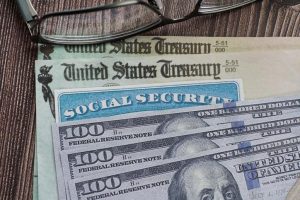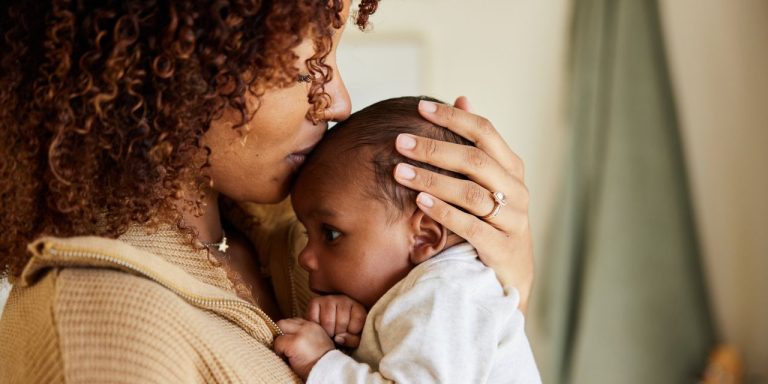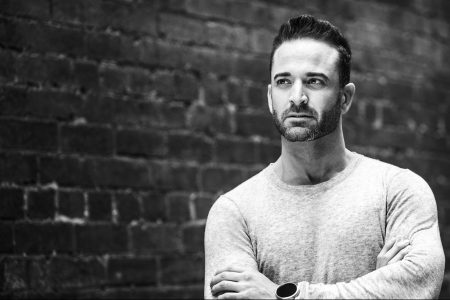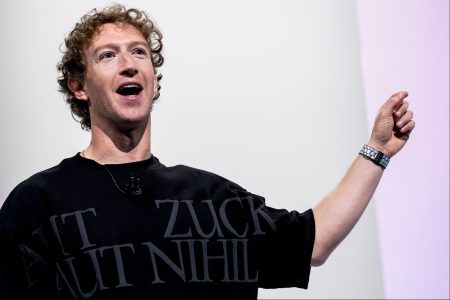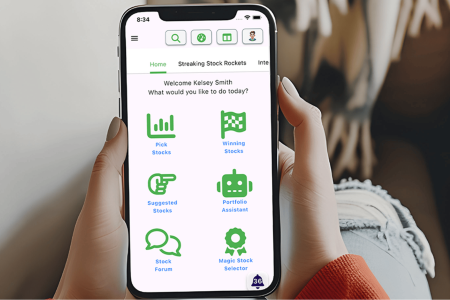A Pfizer Inc.
PFE,
vaccine designed to protect babies from respiratory syncytial virus, or RSV, got a green light Monday from the U.S. Food and Drug Administration — a key milestone for infant health as well as for the pharmaceutical giant’s future growth strategy.
The shot, which is administered to pregnant people for the protection of infants up to 6 months of age, is the first maternal RSV vaccine approved in the U.S., offering the potential to protect newborns from their first moments of life. RSV, which affects the lungs and breathing passages, is the leading cause of hospitalizations among babies in the U.S. Although the virus often causes mild, coldlike symptoms, it can be particularly severe and even life-threatening for babies and older adults.
About 58,000 to 80,000 U.S. children under 5, most of them babies, are hospitalized each year due to RSV, according to the Centers for Disease Control and Prevention, with some needing oxygen, intravenous fluids or mechanical ventilation. The virus kills about 100 to 300 children under 5 annually, according to the CDC.
The regulatory approval for Pfizer’s shot, called Abrysvo, comes after a decades-long quest to shield infants from the virus, which has been recognized as a major cause of hospitalizations since the 1950s, Dr. William Gruber, Pfizer’s senior vice president for vaccine clinical research and development, told MarketWatch. The maternal shot is expected to be available in the third quarter of 2023.
Approval of the maternal RSV vaccine intensifies competition among big drugmakers in the fast-growing respiratory-vaccines market. Globally, that market could grow to $35 billion in 2033, from an estimated $22 billion next year, according to a recent forecast by Jefferies analysts, with RSV vaccines driving much of the growth as COVID-19 vaccine sales decline.
GSK PLC
GSK,
in May scored the first U.S. approval for an RSV vaccine, for its Arexvy shot for people 60 and older. That vaccine is now available at all major U.S. retail pharmacies, GSK said Thursday. The FDA in May also approved Pfizer’s Abrysvo for older adults. Moderna Inc.
MRNA,
is expected to launch an RSV vaccine next year.
Pfizer has said it could see peak sales of about $2 billion from its RSV vaccine, which is part of its broader respiratory-vaccine portfolio that the company expects will help drive future growth as it loses market exclusivity for some other major products in the coming years.
Advisers to the FDA voted in favor of the Pfizer maternal vaccine after extensive debate about its safety. Several advisory-committee members raised concerns about the risk of preterm births, although Pfizer said in documents submitted to the FDA that there was no statistically significant difference in preterm births among study participants who got the maternal vaccine versus a placebo.
There’s not enough data to establish or exclude a causal relationship between preterm birth and Abrysvo, the FDA said in its statement approving the vaccine Monday. To avoid potential risk of preterm birth with use of Abrysvo before 32 weeks of gestation, the vaccine should be administered at 32 weeks through 36 weeks gestational age, the FDA said. The agency said it is requiring Pfizer to assess the risks of preterm birth and pre-eclampsia in postmarketing studies.
“We’re confident in the safety profile” of the vaccine, Gruber told MarketWatch.
Although the Pfizer maternal shot is the first in its category, it’s not the only option for protecting babies from RSV. The FDA in July approved Beyfortus, a monoclonal antibody developed jointly by AstraZeneca PLC
AZN,
and Sanofi
SNY,
that can be administered to babies as an injection to protect against severe RSV. Monoclonal antibodies are not vaccines but rather manmade proteins that mimic the effects of antibodies people produce naturally.
A CDC advisory committee on immunizations earlier this month recommended that all babies under 8 months, born during or entering their first RSV season, get a dose of Beyfortus. Children between the ages of 8 months and 19 months who are at higher risk of severe RSV should also get a Beyfortus dose for their second RSV season, the CDC said.
New research published this month in JAMA Network Open underscores the risks of RSV even for otherwise healthy babies. The study, by researchers at the CDC and hospital pediatrics departments across the country, assessed 600 babies across 39 hospitals who needed intensive care for RSV and found that most were delivered full term and were previously healthy. The findings “support the use of new preventative interventions, including long-lasting monoclonal antibodies in all infants and maternal vaccination,” the researchers wrote.
Pfizer said it has also launched two additional clinical trials evaluating Abrysvo for higher-risk children age 2 to 17 and for higher-risk and immunocompromised adults 18 and older.
The maternal vaccine approval “is a major triumph as it helps ensure no delay in potential RSV protection during an infant’s most vulnerable first six months of life,” Dr. Eric Simoes, a clinical professor at University of Colorado School of Medicine, said in a statement.
Pfizer shares gained 1% on Monday and have dropped 27.8% in the year to date, while the S&P 500
SPX
has gained 14.6%.
Read the full article here
